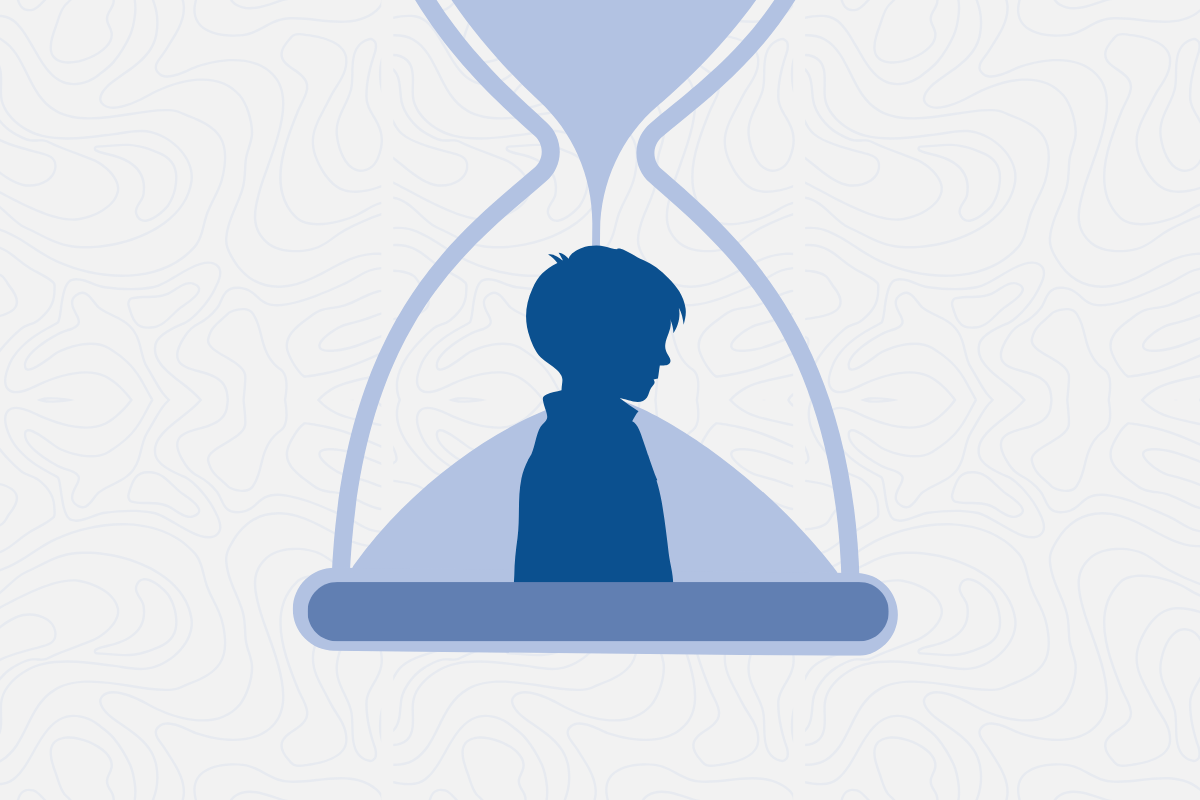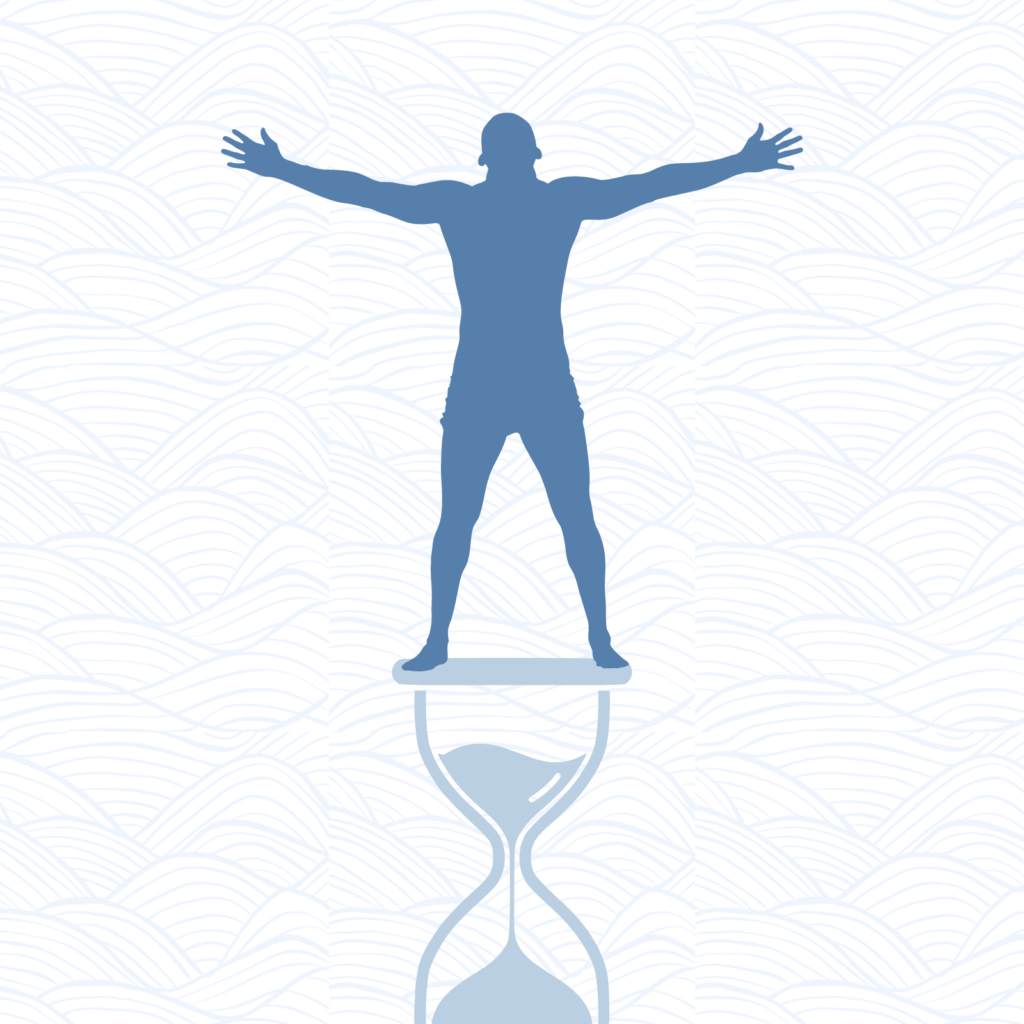
You’ve probably heard adults talk about how resilient children are. How they have an innate ability to magically bounce back from any situation, regardless of the trauma involved.
But this is not true.
Research suggests that child maltreatment can lead to mental health problems that persist into adulthood, such as anxiety, post-traumatic stress disorder (PTSD), suicidal thoughts, and depression. It can also prevent healthy child development, putting them at risk for lifelong issues.
At our child abuse prevention center in Utah, we believe the long-term impact of child abuse cannot be overstated. It’s crucial to acknowledge and understand this effect to prevent the cycle of abuse and help victims find peace.
In this blog, we will delve into the profound and enduring impact of child abuse and highlight the importance of awareness, prevention, and support.
6 Debilitating Effects of Child Abuse
The effects of child abuse and neglect can be devastating and far-reaching. While the immediate consequences are apparent and obvious, the long-term effects of child abuse can manifest in different, subtler ways.
Here are some common effects of child abuse and neglect.
1. Attachment and Relationships
Children learn to trust others, regulate their emotions, and interact with the world through relationships with attachment figures. They sense whether the world is safe or unsafe and understand their own worth as individuals this way.
When these relationships don’t work out as expected, children cannot rely on others. And if the child’s primary caregivers abuse or neglect them, they understand they’re not worth loving.
Most abused children struggle to develop healthy attachments with romantic partners, friends, or authority figures. They’re also known to be more vulnerable to stress and have trouble controlling/expressing their emotions.
2. Toxic Stress
Consistent, chronic stress can become toxic to a child and lead to structural changes in the developing brain, particularly in areas responsible for emotional regulation and executive functioning. This can result in difficulty controlling emotions, impulsivity, and problems with decision-making later in life. Additionally, prolonged stress can interfere with a child’s ability to focus, concentrate, and learn, which might lower their academic success.
3. Emotional and Psychological Impact
Childhood abuse can inflict deep emotional wounds that never fully heal. Survivors of abuse often struggle with a range of psychological issues throughout their lives, including:
Post-Traumatic Stress Disorder (PTSD): Many survivors develop PTSD, characterized by flashbacks, nightmares, anxiety, and a heightened state of arousal. These symptoms can make it hard to maintain healthy relationships and a stable life.
Depression and Anxiety: Child abuse is a significant risk factor for depression and anxiety disorders. Survivors may experience low self-esteem, feelings of worthlessness, and constant worry.
Dissociation: Some survivors of severe child abuse might develop Dissociative Identity Disorder (formerly known as Multiple Personality Disorder) to cope with overwhelming trauma.
4. Risky Behavior
Many studies correlate child maltreatment with a greater tendency toward risky behavior, including:
- Lying
- Stealing
- Trespassing
- Vandalizing
- Physical fighting
- Damaging sexual behaviors, such as having sex at a young age or engaging with multiple sexual partners
Abused children can also turn to various substances as coping mechanisms when they grow older. In fact, experiencing physical abuse during the first five years of life can be strongly linked to developing an addiction later.
5. Self-Conception
Childhood abuse, whether physical, emotional, sexual, or neglect, can adversely impact a child’s self-worth and self-esteem. Here’s how.
Low Self-Esteem: Abused children often internalize negative messages from their abusers. They can believe they are unworthy, unlovable, or inherently flawed.
Negative Self-Image: Abuse can distort a child’s self-perception. They may see themselves through the lens of their abuser’s criticism and judgments, viewing themselves as damaged or defective.
Self-Blame: Many abused children blame themselves for the trauma they endure. They may believe they somehow caused or deserved the mistreatment, further eroding their self-worth.
Impaired Social Skills: Survivors of child abuse may struggle with social interactions or a fear of rejection.
6. Health Problems
While some long-term effects of child abuse can occur instantly, others can take months or years to become detectable. Survivors may face a higher risk of:
- High blood pressure
- Heart disease
- Diabetes
- Lung problems
- Cancer
- Arthritis
- Malnutrition
- Bowel disease
Abused children may also be at risk for the effects of stunted brain development. However, this can be reversed with proper treatment and intervention.
How to Heal as an Adult Child Abuse Survivor
Healing as a child abuse survivor is gradual, painful, and hard. But it’s possible. Remember, there is no one-size-fits-all approach. Be patient and compassionate with yourself.
Let’s explore some steps and strategies to help you on your path to healing.
Acknowledge the Abuse: The first step is acknowledging and accepting that you were a victim of abuse. Therapy or counseling can provide a safe space to explore and process these emotions.
Join Support Groups: Support groups for survivors of child abuse can provide a sense of community and understanding central to the healing process. It can be empowering to share your experiences with others who have been through similar ordeals.
Practice Self-Care: Prioritize self-care to nurture your physical and emotional well-being. This could include regular exercise, a balanced diet, and relaxation techniques like meditation or deep breathing.
Express Yourself Creatively: Some survivors find healing through creative outlets such as art, writing, music, or dance. They can help you process emotions and experiences in a non-verbal way.
Build a Support Network: Surround yourself with friends and family members who can provide emotional support. Having a reliable support network can make a significant difference in your healing journey.

The Bottom Line
The long-term effects of child abuse are profound and enduring. Fortunately, early intervention and therapeutic help can mitigate some of these effects and allow survivors to build healthier, more fulfilling lives. We must work together to prevent child abuse and help children receive the care and compassion they deserve.
Looking for more resources on Utah child abuse neglect and prevention? Prevent Child Abuse Utah is here to answer all your queries. Give us a call to learn how to identify, prevent, and report child abuse and neglect early on.
